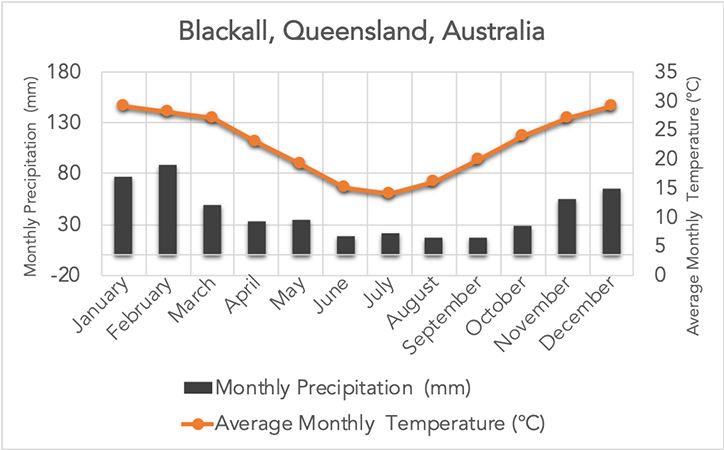This biome is known for its year-round warm temperatures, high rainfall, and the greatest biodiversity on Earth.
What is the tropical rainforest?
This type of organism gets its energy by eating plants or other animals.
What is a consumer or heterotroph?

Cordyceps fungi invade an insect and control its mind before sprouting fruiting spore bodies from the insect to reproduce. What symbiotic relationship is this?
What is parisitism?
This type of population growth occurs when resources are limited.
What is carrying capacity?
An invasive species reproduces slowly or quickly?
What is quickly?
This cold biome features permafrost and low-growing vegetation such as mosses and lichens.
What is the tundra?
These organisms break down dead matter and return nutrients to the environment.
What is a decomposer?
Clownfish living among sea anemone tentacles gain protection, while the anemone gains nothing. This is an example of what kind of symbiosis?
What is commensalism?
Increased competition for food is an example of a (denity dependent or density independent) limiting factor.
What is a density dependent limiting factor?
What are two of the most common reasons species become endangered?
What is habitat loss and invasive species?
This biome has the largest temperature range between day and night and includes organisms adapted to conserve water.
What is the desert?
Only about this percent of energy is lost from one trophic level to the next.
What is 90%?
In lichen, a fungus provides structure and protection, while algae provide food through photosynthesis. This is an example of what?

What is mutualism?
What is the carrying capacity of this species?
What is 100?
In their new environments, invasive species have _______ limiting factors.
What is few/little/no limiting factors?
This biome is the largest biome on Earth.
What is the taiga / boreal forest?
If primary producers contain 500,000 kcal, how many will be available for tertiary consumers?
What is 500 kcal?
Which of these is a mutualistic relationship: a) a tapeworm in a human intestine, b) bacteria in a cow’s stomach that help digest cellulose, or c) barnacles on a whale?
What is b) bacteria in a cow’s stomach that help digest cellulose?
This limiting factor might affect the amount of water in an area.
What is weather/rain?
Monarch butterflies are slowly declining in population. This makes them _________________.
What is endangered?
Based on the temperature, is this area located in the northern or southern hemisphere? (AKA below, or above the equator?)

What is the southern hemisphere?
How much energy is conserved between each trophic level?
What is 10%?
What is the difference between parasitism and predation?
What is predation involves killing another organism, where as parisitism involves living off another organism?
This is an example of what type of feedback loop? Positive or Negative?

What is a negative feedback loop?
Name one method of conserving wildlife beyond stopping them from being killed, hunted, or overfished?
What is habitat preservation or captive breeding? / other varying answers